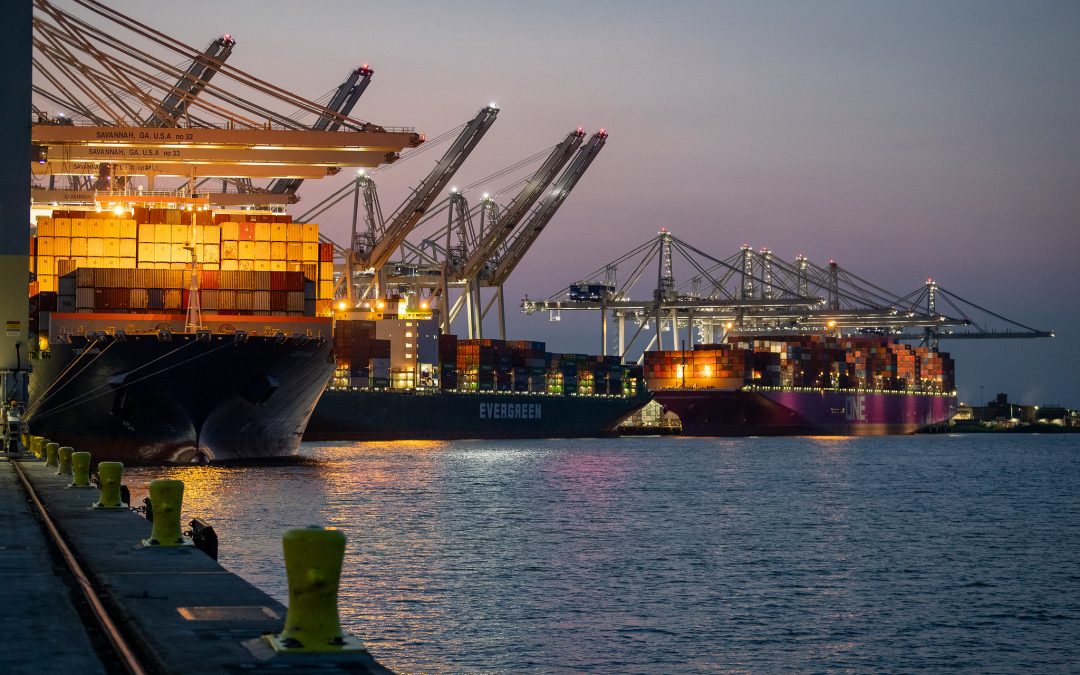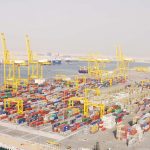Houthis continue to attack ships in the Red Sea and the Gulf of Aden, and there is no end to the conflict in sight. We therefore base our forecasts on the assumption that rerouting of ships away from the Red Sea and the Suez Canal towards the Cape of Good Hope may impact the market throughout 2024, and that ships may first be able to return to normal routings in 2025.
We estimate that this will increase the average sailing distances in 2024 by 7% for crude tankers and 4% for product tankers.
Trade changes due to sanctions on Russian oil exports increased sailing distances in 2023 by 3.0% and 2.3% for crude and product tankers respectively.
Combined, trade restrictions due to war and crises are therefore expected to add 10.2% to crude tanker demand in 2024 compared to 2022, matching the expansion of cargo volumes.
In the product tanker sector, longer sailing distances are, however, expected to surpass volumes as the main driver for growth. Sailing distances are estimated to add 6.4% to demand between 2022 and 2024 while volumes are expected to expand by only 2.2%.
According to our estimates, the longer sailing distances will specifically account for 75-80% of both sectors’ demand growth in 2024. On the other hand, shorter sailing distances in 2025 will be a drag on demand growth.
Relative to the supply/demand balance in 2023, we forecast that the crude tanker market will be stronger during both 2024 and 2025 despite the weaker demand in 2025.
This weaker 2025 demand combined with faster supply growth is, however, expected to result in the product tanker supply/demand balance in 2025 being weaker than it was in 2023.
That said, both sectors have had a weak start to 2024, with tonne miles down 5-6% compared to the same period last year.
This has also reflected on time charter rates and the Baltic Dry and Clean Tanker Indices, which have all started 2024 weaker than in 2023. However, they remain 40-80% ahead of the past ten years’ average as well as ahead of the 2023 full year level.
On the other hand, ship prices have stayed strong with year-to-date newbuilding prices being 33% higher than full year 2023 price averages, and prices for five-year-old ships increasing 60%.
Prices for five-year-old secondhand ships have in fact increased by so much that they are currently valued at 92-93% of newbuilding prices, with secondhand LR2s and Aframaxes valued the same as the equivalent newbuilds.
Source: BIMCO






